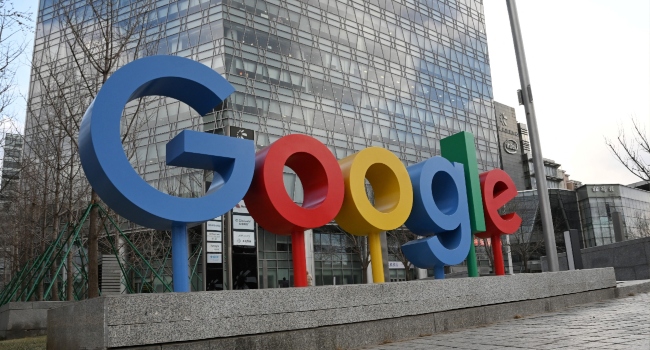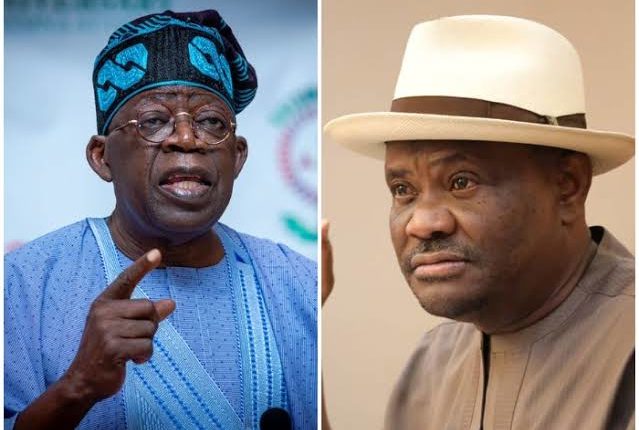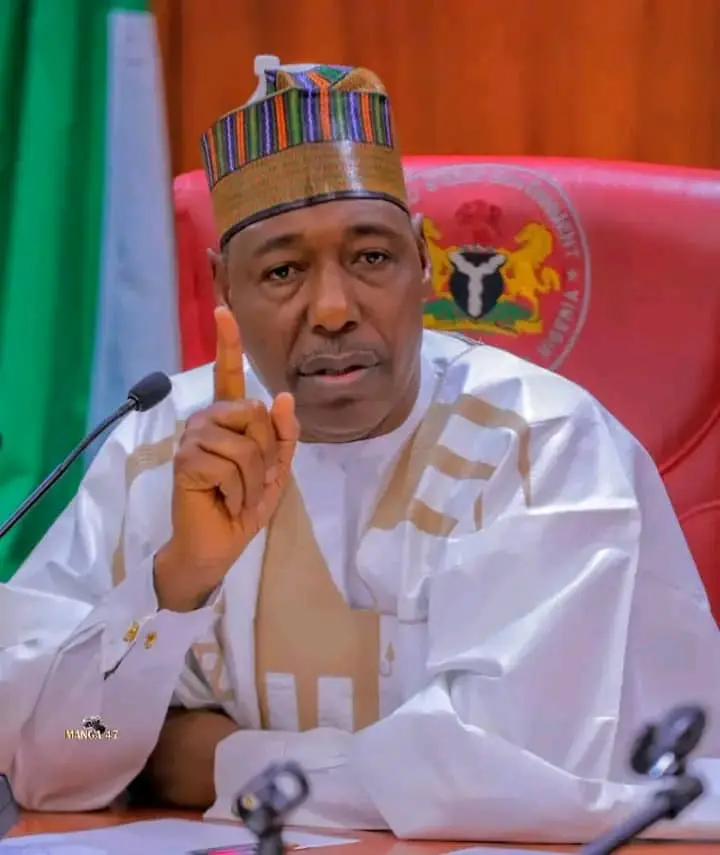Last updated Sep 24, 2023
Accra, Ghana – In a powerful display of frustration and discontent, protesters in Accra took to the streets for a three-day #Occupy Julorbi House campaign to demand political change and economic reform amidst an ongoing cost of living crisis. With placards boldly proclaiming “Ghana deserves better” and “We are tired of being voting machines,” demonstrators made their voices heard, unfazed by both rain and scorching sun.
The protest, which concluded on Saturday (Sep. 23), attracted a diverse crowd, including youth activists and members of Democracy Hub. In a heartfelt speech, leading youth activist Debora Enyonam Dabor expressed the grievances of the demonstrators, stating, “All we need is food, water, clothes. We want to be able to take care of our mothers and our fathers.”
Seeking to bring their demands directly to the seat of government, the Golden Jubilee House, protesters encountered resistance from the police. In an attempt to quell the protest, the police responded with force on September 21, leading to the arrest of over 50 protesters, including journalists.
Determined to push for peaceful change, political activist Bernard Mornah called on President Akuffo-Addo and the Ghana Police Service to reconsider their stance, saying, “Let them be told that anytime anyone resists peaceful change, violence change would occasion. We don’t want to engage in violence, but if they push us to the wall, we have no other option.”
The roots of this protest can be traced back to the “Fix the Country” movement, which first emerged in 2021. While the Ghanaian government has yet to provide an official comment on the Occupy Jubilee House protest, Oliver Barker Vormawor, the convener from Democracy Hub, remains resolute in his pursuit of change. “At the end of this path, there is prosperity and liberty,” Vormawor promised. “We must not relent because the forces that seek the downfall of this republic are alive and well. They may control the institutions of government, the court, the police force, and the military, but they cannot control the street.”
The protest coincided with President Nana Akufo-Addo’s absence in New York for the UN General Assembly, magnifying the impact of the demonstration. Notably, Ghana currently holds the unenviable position of having the highest debt among African countries with the IMF.
As the call for change reverberates throughout the nation, the future remains uncertain. However, one thing is clear—the Ghanaian people refuse to be silenced, and their collective voice will continue to grow louder until their demands are met.
Written by Jide Johnson for African News



